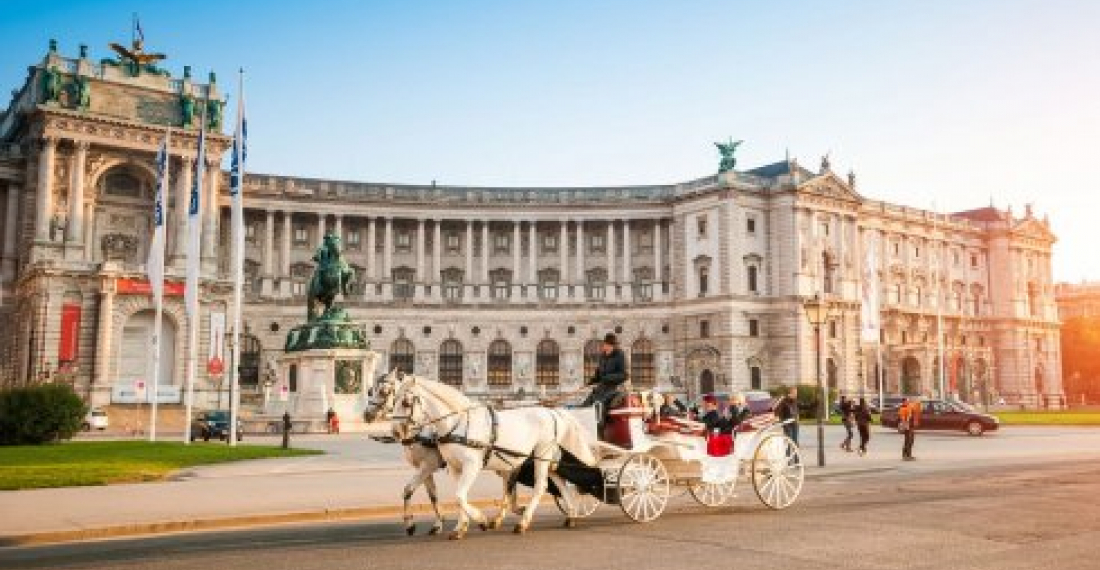President Ilham Aliyev of Azerbaijan and Prime Minister Nikol Pashinyan will hold their first official meeting in Vienna on Friday, 29 March. On Wednesday morning official sources in Baku and Yerevan simultaneously confirmed the meeting. Rumours of the meeting were circulated by Russian media sources earlier in the week. The meeting will be under the auspices of France, Russia and the United States, the co-chair countries of the OSCE Minsk process.
Aliyev and Pashinyan have already held three informal meetings since the change of government in Yerevan last April. It has however taken nearly a year for the international mediators facilitating negotiations for the resolution of the Nagorno-Karabakh conflict to create the right conditions for a formal meeting to take place. This has led to mixed expectations, and much speculation as to where the talks may lead to.
Commonspace.eu political editor said in a comment that "what is needed most at this point is a sense of realism on both sides. The informal meetings held over the last year have shown that both Aliyev and Pashinyan are ready to engage with each other on the Karabakh issue, and even to be bold in doing so. But hundreds of years of complicated interaction, three decades of warfare and years of animosity have created a lot of baggage, and the complex situation that constitutes the present reality cannot be disentangled in one meeting. Expectations need to be modest but not non-existant. Both sides need to take small steps in the right direction. The journey for peace will take a long time, but it cannot finish unless it starts."
source: commonspace.eu
photo: OSCE flags fly outside the iconic Hofburg Palace in Vienna (archive picture)







